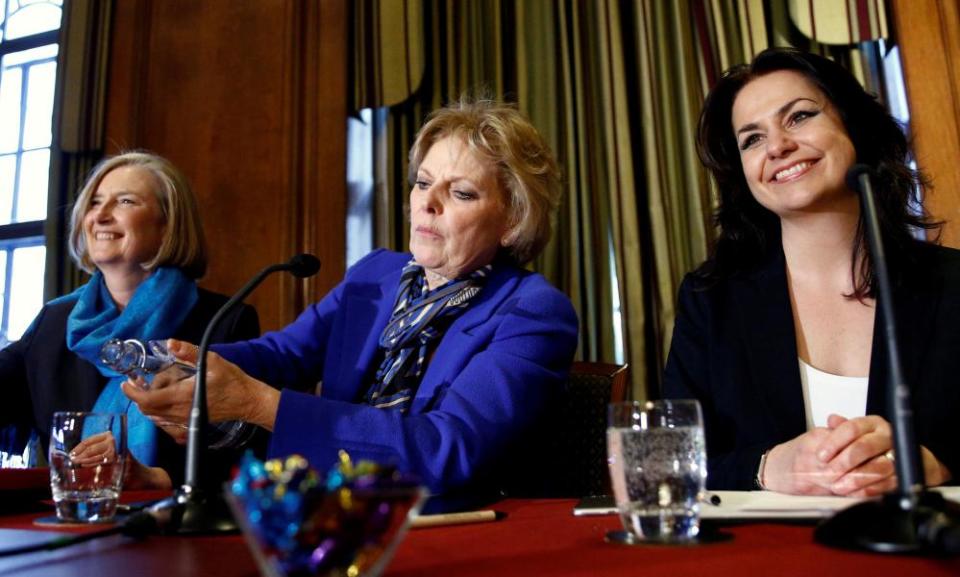The Guardian view on MPs and Brexit: they need the Wright stuff

As a result of the political dramas of this week, Britain’s hung parliament just got a bit more hung than before. Theresa May now has only 314 MPs, three fewer than she had last week, in a House of Commons with 650 seats. With the support of the DUP’s 10 MPs, Mrs May still has a notional Commons majority of seven, which is six down on the old figure. Lose many more, though, and the prime minister no longer has a majority at all. With another round of knife-edge voting on Brexit due next week, and parliamentary opinion as volatile as ever on the various issues, it is no surprise that Mrs May invited potential rebels like Justine Greening and Phillip Lee into Downing Street to plead for support on Thursday.
This week’s defections and realignments may well have only a marginal impact on the likely outcomes of these votes. That’s because the MPs involved are likely to vote the same way as they did when they still took the old party whips. The votes next week nevertheless underscore one of the extraordinary disjunctions of this most vital of parliamentary processes. Constitutionally, parliament is sovereign. Its laws take precedence. Yet in practice it is government, not parliament, that controls the parliamentary timetable. A procedural change that was originally brought in to frustrate the Irish home rulers still gives the government’s business precedence “at every sitting” to this day. This monopoly means that parliament is a legislature that cannot legislate.
This weakness has been at the heart of many of the twists and turns of the Brexit debates. It is likely to recur many times in the weeks to come. Much has been written about how there are, or may be, latent Commons majorities for various propositions – like preventing a no-deal Brexit, remaining in the customs union, or a referendum on the final deal. These claims, though, have rarely been put to the test, despite the best efforts of the Speaker, John Bercow. Even worse, when such votes do take place, they are promptly ignored by the government, as happened to the Commons vote against no-deal on 29 January.
This parliamentary failure reflects badly on MPs. Ten years ago, in the aftermath of the expenses crisis, Gordon Brown’s government bowed to reform-minded MPs and set up an inquiry, under the former Labour MP Tony Wright. That report made several proposals, including, crucially, joint setting of the Commons agenda between government and backbenchers. Bits of the Wright proposals have been implemented. But the government still controls the Commons timetable every day and, especially in the hung parliament, it has ignored votes it dislikes. Brexit might have been handled very differently if the Wright proposals had applied in 2016. MPs could have insisted on indicative votes to set the context of the approach to Brexit. Some of the current agonies that faced MPs this week might therefore have been avoided. Instead, the old Westminster tribal duopoly closed ranks against reform. The current parliamentary chaos on Brexit is partly the result.
It is possible that the centrifugal forces – including this week’s defections – that have been so striking in Westminster in the early weeks of 2019 will mean that MPs will find fresh ways, with the Speaker’s help, of imposing alternative Brexit approaches on Mrs May in the next round of Commons votes. Let us hope so. Even at this late hour, MPs must take back control. But they must apply the wider lesson too. A sovereign parliament should take much more control of its own business. The old party politics is breaking up in front of our eyes. Parliament needs to better reflect these new, more pluralistic and more independent times.

 Yahoo News
Yahoo News 